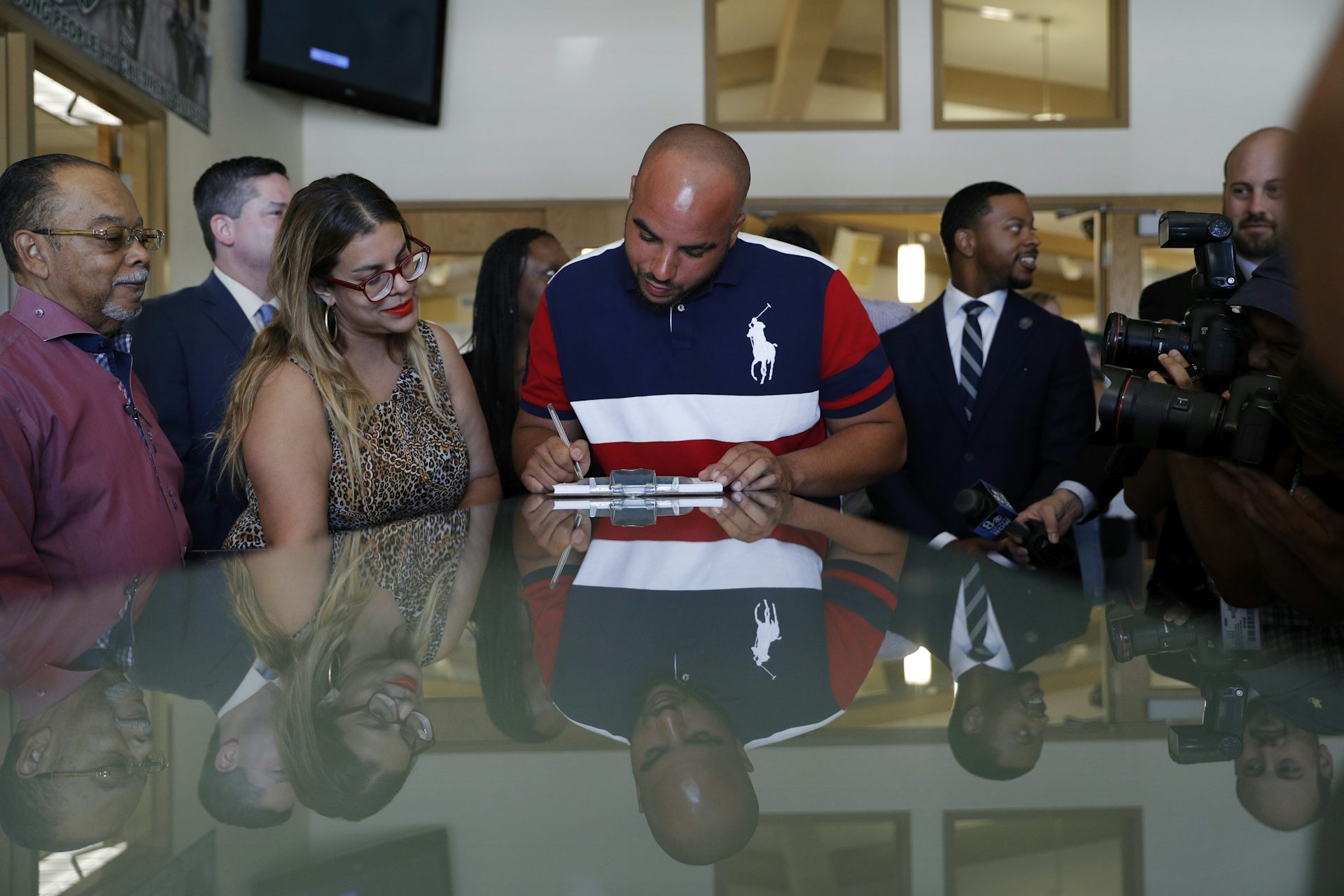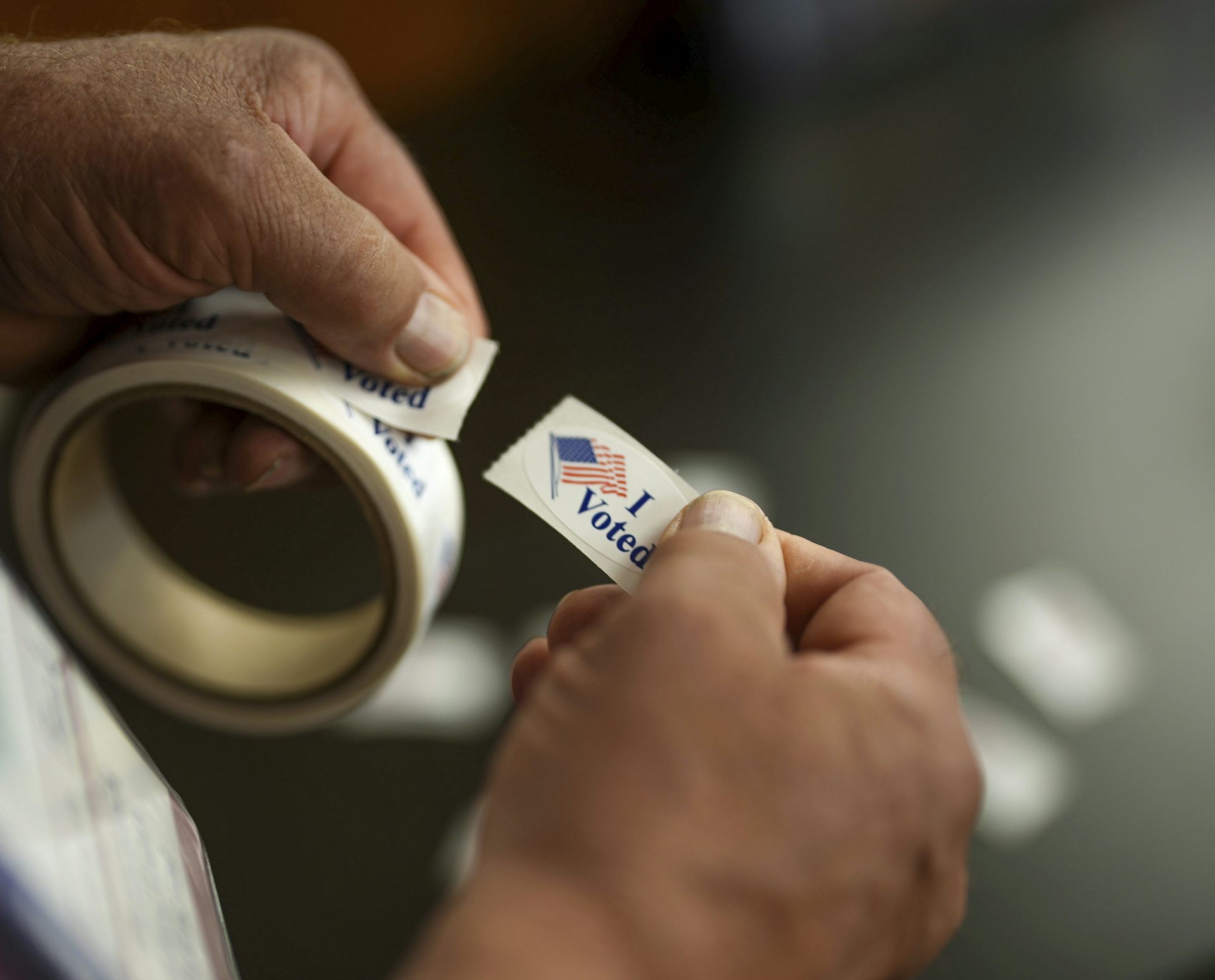Why God Votes Republican
In 1968 the Protestant Left lost its political clout over their opposition to the Vietnam War – and opened the door for the rise of the modern Religious Right.
The white Christian left was once a powerful influence on American politics, in an era when faith did not dictate political inclination. Then came the 1968 declaration against the Vietnam War by the National Council of Churches. President-elect Richard Nixon would later eschew liberal Christian leaders – and become the first of a series of presidents who built their base on the anxieties of white Christian conservatives. Phillip talks with professor Jill Gill of Boise State University in Idaho, whose parents were a conservative evangelical and a secular liberal. She tells us how evangelicals became synonymous with conservatism in today’s political landscape.
Also: RSS Feed
Music: “And never come back” by Soft and Furious, found on FreeMusicArchive.org, licensed under CC0 1
Archival: Martin Luther King, “Why I Am Opposed to the War in Vietnam”
Firing Line with William F. Buckley Jr.: The Role of the Church Militant
Lecture by William Sloane Coffin on the Vietnam War, November 19, 1972
They’ll Know We Are Christians Peter Scholtes 1966
NIXON TAPES: Vietnam is Kennedy’s Fault (Billy Graham)
LBJ and Martin Luther King, 11/5/64. 3.20p.
Ann Coulter - Godless: The Church of Liberalism
President Obama sings Amazing Grace (C-SPAN)
Obama links raising taxes to Christianity
Evangelicals turn on Trump over immigration
Read more: Anti-war protests 50 years ago helped mold the modern Christian right
Read These Next
The nation is missing millions of voters due to lack of rights for former felons
At least 20 million Americans have served time. Most of them can’t or don’t vote, and that may distort…
How to prevent elections from being stolen − lessons from around the world for the US
As President Trump and other Republicans cast doubt on the legitimacy of the US electoral system, other…
Why US third parties perform best in the Northeast
Many Americans are unhappy with the two major parties but seldom support alternatives. New England is…












